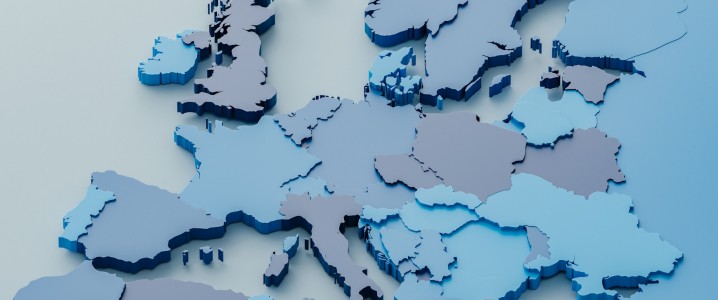The European Commission will address critical grid bottlenecks in European electricity infrastructure in a bid to avoid spiking power and energy costs, European Commission President Ursula?von der Leyen said on Tuesday.
“Let us be clear – our energy prices remain still too high, too volatile, and too disparate across Europe. In some Member States, electricity costs three times more than in others. And many price spikes could be avoided, if energy could flow more freely to where it is needed,” von der Leyen said at a conference to take stock of one year of work since the landmark report on Europe’s competiveness published by former European Central Bank (ECB) president Mario Draghi.
The national grids are not well integrated as Europe lacks the necessary interconnectors and is not using efficiently the ones it has, the EU Commission president said.
“Now we have started to address this,” ?von der Leyen said, citing progress on the Celtic interconnector, which will soon end Ireland’s isolation from the European grid, and the Biscay Bay project to double capacity between France and Spain.
The Commission also plans to propose a Grids Package and a new Energy Highways initiative by the end of the year, which will focus on eight critical bottlenecks in the EU energy infrastructure.
“We will liberate these bottlenecks one by one. And we will step in with funding where necessary,” von der Leyen said.
In late April, the worst blackout Europe has ever seen in modern times, when Spain and Portugal were left without electricity for hours, was a wake-up call for the EU – and the rest of the world – that regardless of booming renewable energy capacity installations, power supply will not be secure unless grids are capable and flexible enough to accommodate clean energy and meet rising demand.
The European Commission has estimated that $2.36 trillion (2 trillion euros) to $2.7 trillion (2.3 trillion euros) is required to meet grid needs until 2050, a review of the EU’s electricity grids by the European Court of Auditors showed earlier this year.
By Michael Kern for Oilprice.com
More Top Reads From Oilprice.com

